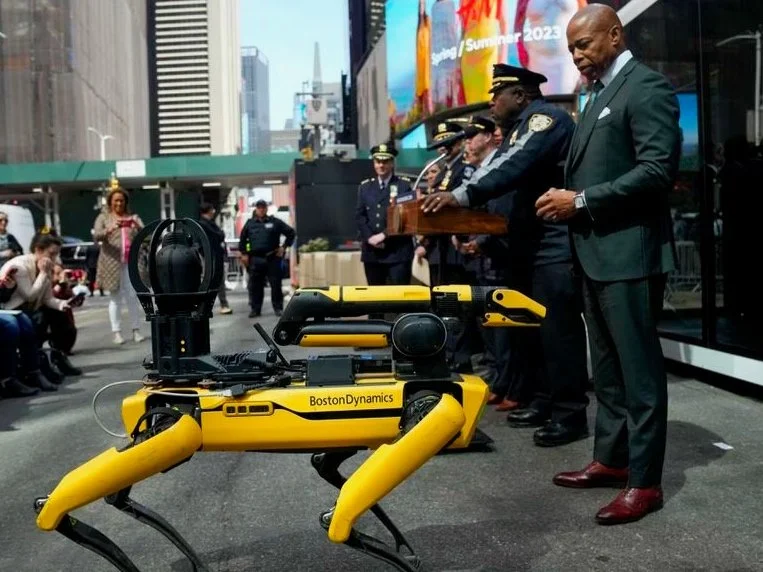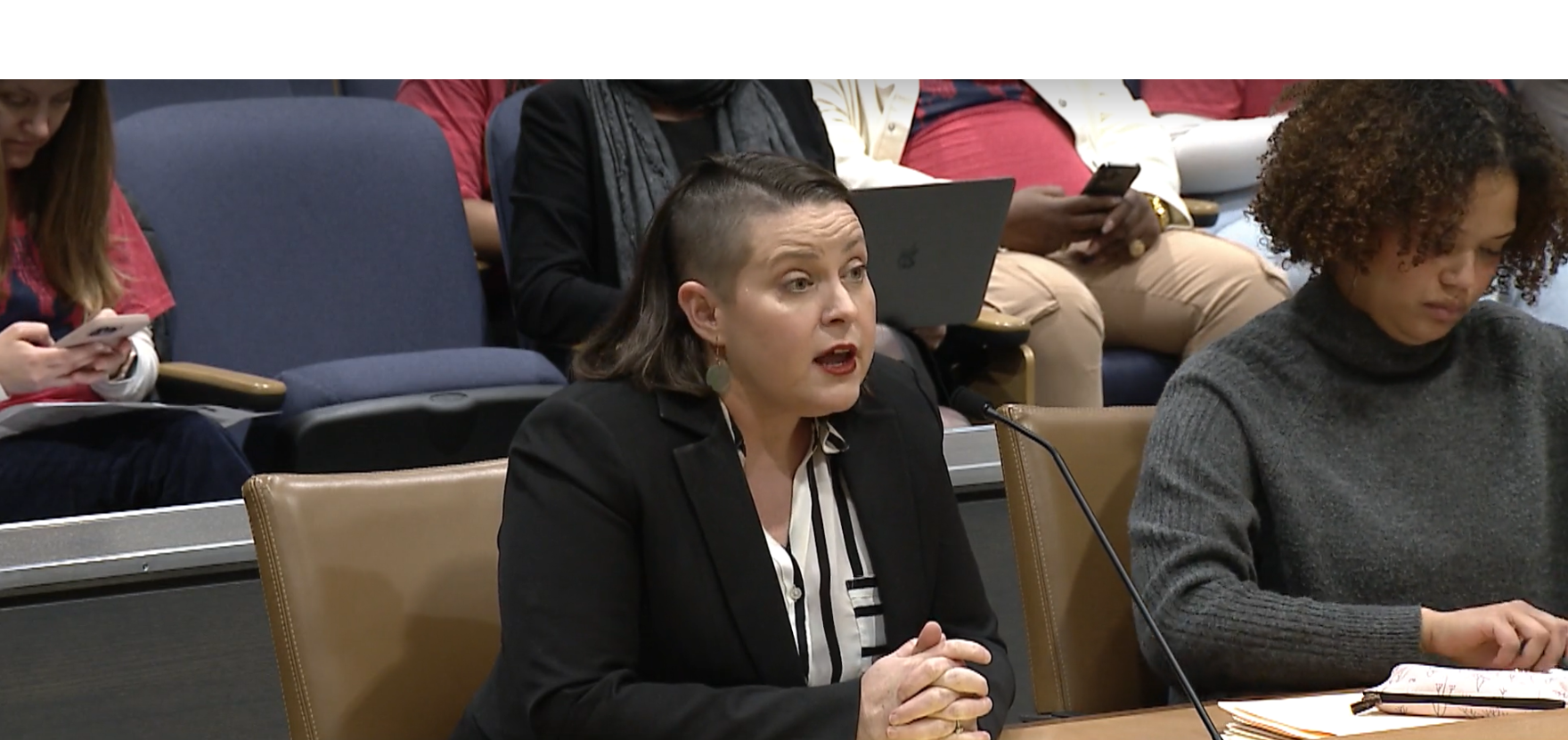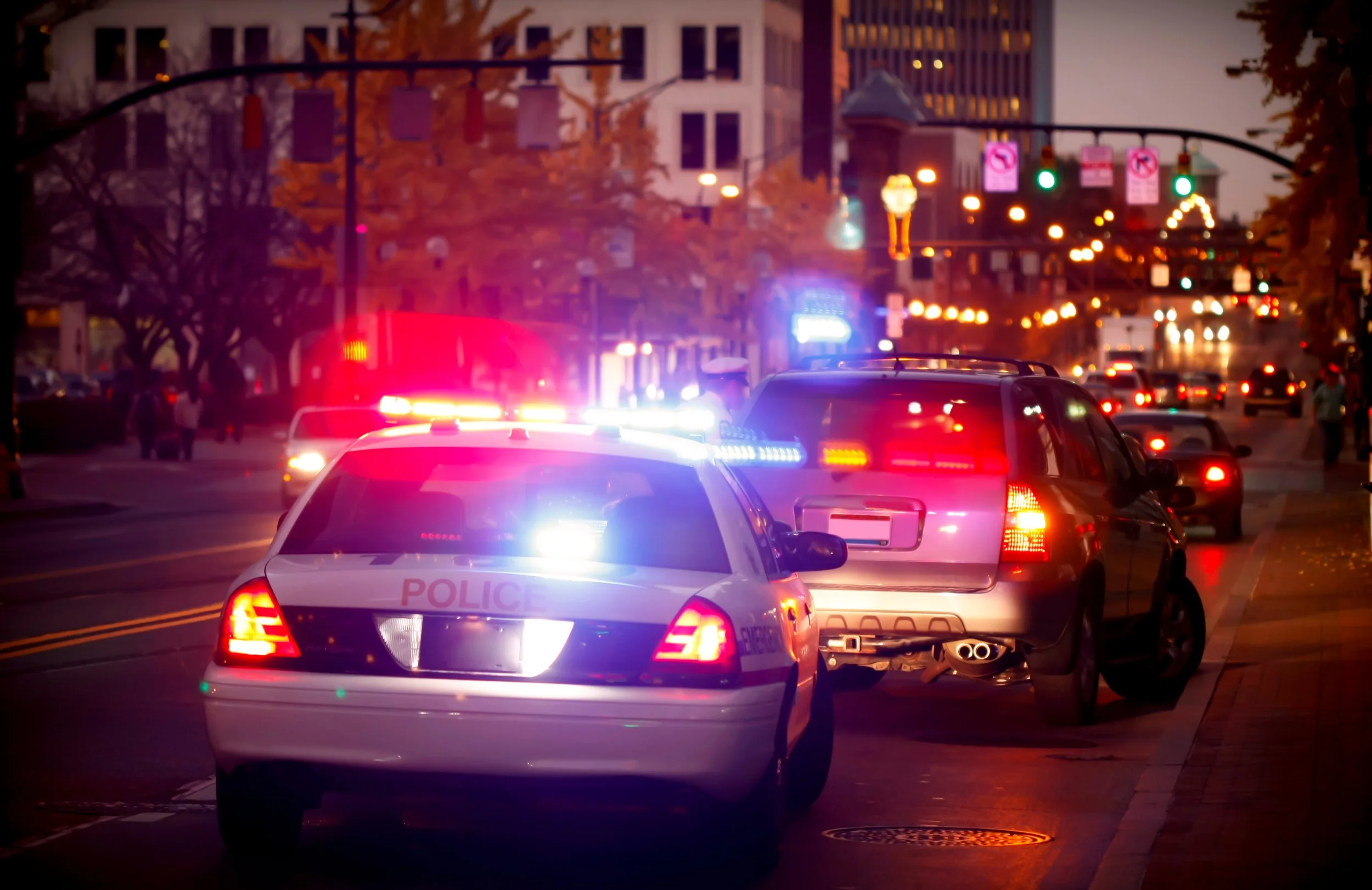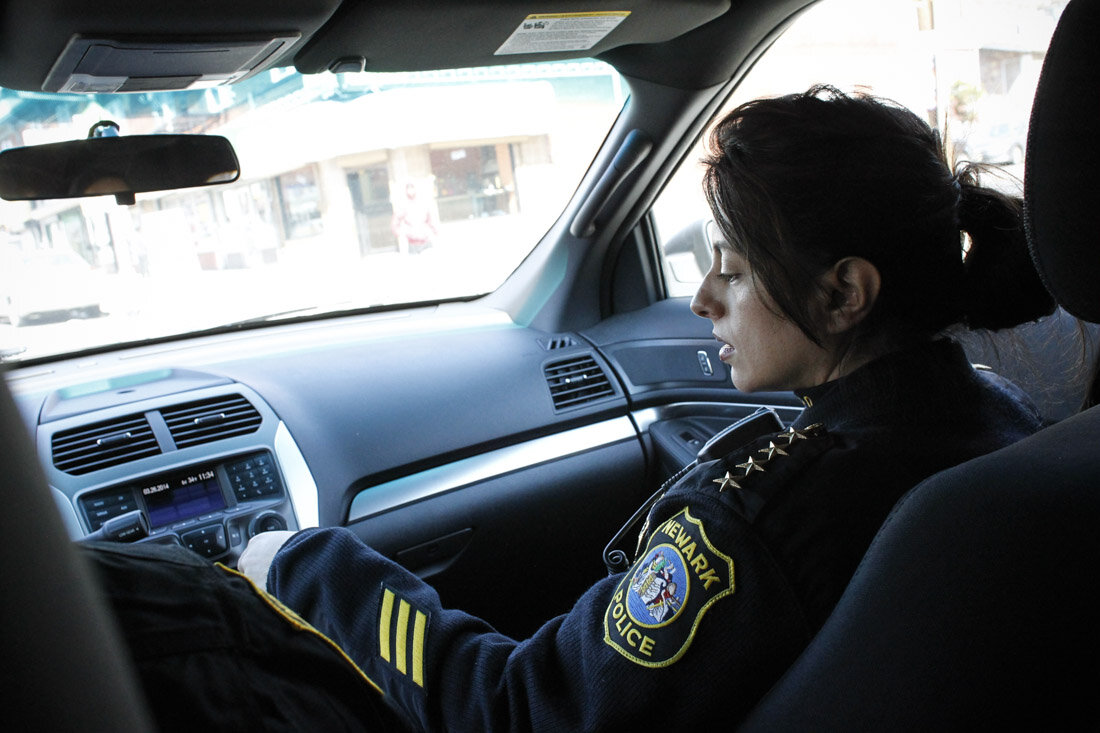This summer, we’re reflecting on a year in which – despite challenging political environments across the country – we were able to make real strides in legislatures across the country and build off last year’s successes.
The police killing of Sonya Massey shows why the law alone cannot end police misconduct
The profoundly disturbing police killing of Sonya Massey in her own home is a complete failure of policing and of humanity.
Just the latest incident of a police officer killing an unarmed Black person, it is rightly raising fundamental questions about policing in America. It’s also, however, raising questions about whether Sean Grayson – the sheriff’s deputy who killed Massey – should have even been allowed to serve as a police officer in the first place.
New report on alternative first response in San Francisco finds significant progress, includes recommendations for improvement
What does the new White House policy on AI mean for law enforcement? Here are our takeaways.
Last month, the White House Office of Management and Budget (OMB) issued a landmark policy putting in place long-overdue requirements on how federal agencies can – and cannot – use artificial intelligence.
Here are our main takeaways on what it means for law enforcement.
Here’s what we told the US Commission on Civil Rights about federal law enforcement’s unregulated use of facial recognition technology – and what must be done
Earlier this month, we appeared before the US Commission on Civil Rights – alongside experts from government, law enforcement, and other advocacy groups – to discuss the civil rights implications of federal law enforcement’s unregulated use of facial recognition technology (FRT).
The Next Step for Public Safety in Chicago Public Schools
Last month, Chicago Mayor Brandon Johnson announced his support for removing police officers from the city’s public schools. His administration should approach this change as an opportunity to invest in a proven strategy for supporting students: trained mental health professionals.
Eric Andre and Clayton English Appeal Dismissal of Racial Discrimination Lawsuit, Receive Broad Amicus Support
The Policing Project at NYU School of Law, the global law firm Jones Day, the law firm Lawrence & Bundy, and Canfield Law LLC have filed an appeal to the Eleventh Circuit Court of Appeals challenging the dismissal of a civil rights lawsuit against Clayton County police. A range of groups and individuals, including law enforcement officials; Tyler Perry, Jamie Foxx, and other prominent Black actors; empirical scholars; Cato Institute; NAACP Legal Defense Fund; Institute for Justice; ACLU of Georgia, have filed amicus briefs in support of the appeal.
Tucson community safety study recommends expanding non-police emergency response alternatives
The Transparency New Yorkers Deserve: How City Council Must Hold NYPD to Account
Las Vegas Public Safety Department receives US Department of Justice grant to assess departmental safety, accountability, fairness, and effectiveness
The city of Las Vegas Department of Public Safety today announced that it – in partnership with the Center for Crime and Justice Policy at University of Nevada, Las Vegas and the Policing Project at NYU School of Law – has received an $800,000 federal grant to be evaluated by the Policing Project’s new Sound, Accountable, Just, and Effective (SAJE) Policing Assessment tool.
It’s Time to Follow the Money on Police Misconduct
How much does police misconduct and abuse cost each year? How much has your local police department paid out in settlements?
Odds are, it’s all but impossible to find out. Basic questions such as how much is being paid, by whom, and for what kind of misconduct are virtually unanswerable in most places.
Regulating Facial Recognition Technology in New York Schools: If you can make good policy here, you can make it anywhere
First-of-its-kind safety study: Denver residents want more non-police first response
The Policing Project at NYU School of Law today released a first-of-its-kind report on community safety and non-police alternative first response in Denver. The report, Transforming Denver’s First Response Model, found that there is broad agreement – among community members, police leaders, and alternative first responders – that “sending police to deal with every social problem simply isn’t working.” The report also found that, among people from communities most affected by policing, there is broad agreement that transforming first response is a high priority issue.
2023 Legislative Wrap-Up
During this year’s legislative session, we provided input and drafting support on 36 pieces of legislation or regulations across 12 states. Notably, 22 of these engagements came at the express invitation of state or local partners, including both advocates and lawmakers. The most popular topics were use of force, officer decertification, and data collection and transparency, but legislators also sought to address a wide range of others, from warrant reform to police use of robots, and more.




















